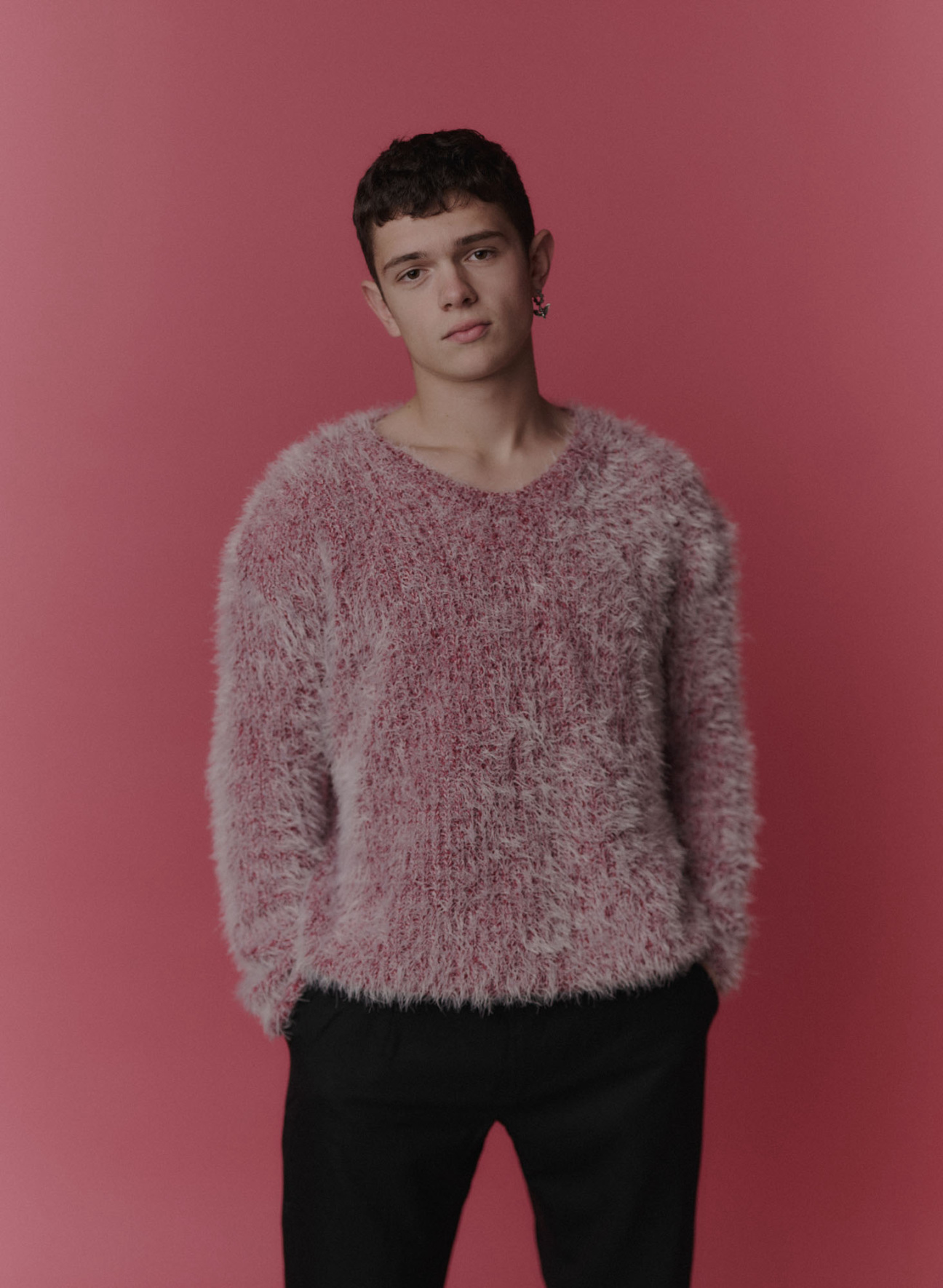
Working alongside Hollywood icons (Natalie Portman, Michael Douglas, and Christian Bale, to name a few) is no new ground for 19-year-old British actor Noah Jupe. With a career that sprouted at the age of 13 with appearances on Downton Abbey and George Clooney’s directorial debut Suburbicon, he has grown up on screen. (John Krasinski reportedly cast him to play his son in the horror smash hit A Quiet Place on Clooney’s recommendation.)
As he makes the transition from child actor to adult actor, Jupe has found himself grappling with the fear that many who start early share: of being “frozen in time” at the moment they first became famous. With his latest projects, Apple TV’s Franklin and Lady in the Lake, Jupe is ready to melt that image out of audience's minds and reintroduce himself as an actor who contains multitudes.
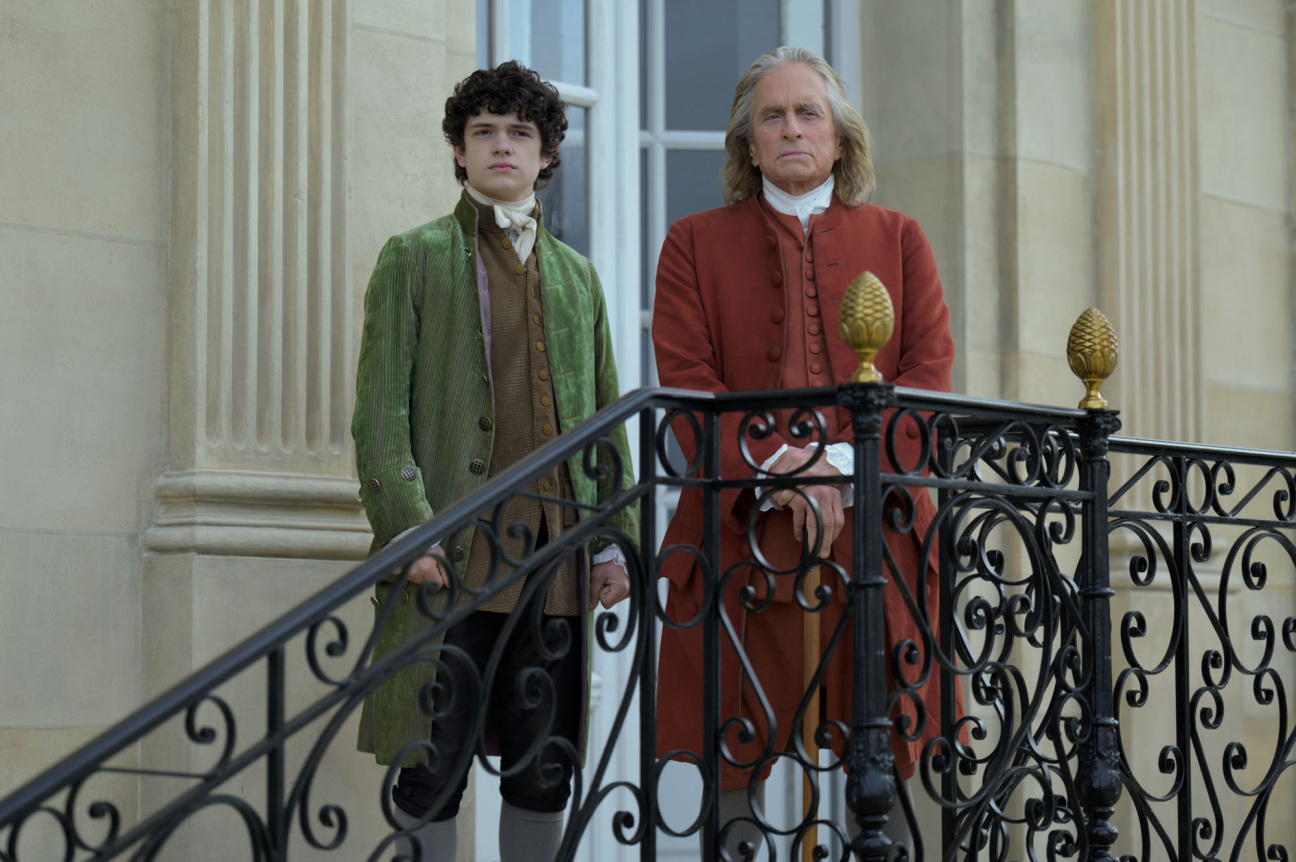
CULTURED: I'm interested in what it's like to have two very different projects—Lady in the Lake, a detective story set in the ‘60s, and Franklin, which stars Michael Douglas as the titular founding father—in the works at the same time. In the latter, you play Temple Franklin, Benjamin Franklin’s grandson. Is there an aspect of each role that has stuck with you?
Noah Jupe: Both are period pieces—Lady and the Lake is [set in] the ‘60s and Franklin is the 1700s. There was a lot to learn. I shot them both kind of at the same time, so it was tricky to balance the two. They're very different characters, [but] they're both going through the process of trying to find out what it means to be a man and find your own identity in the world.
CULTURED: Beyond something like voice coaching, is there any obligation to learn about the period?
Jupe: It depends on your relationship with the director and the project. If you're someone who is vital to the project, then I think you should do your research. Me and Alma [Har'el, the director of Lady in the Lake] would send [each other] videos that we found of Jewish people from Baltimore in the ‘60s. I think it's important to at least know the world that you're stepping into.
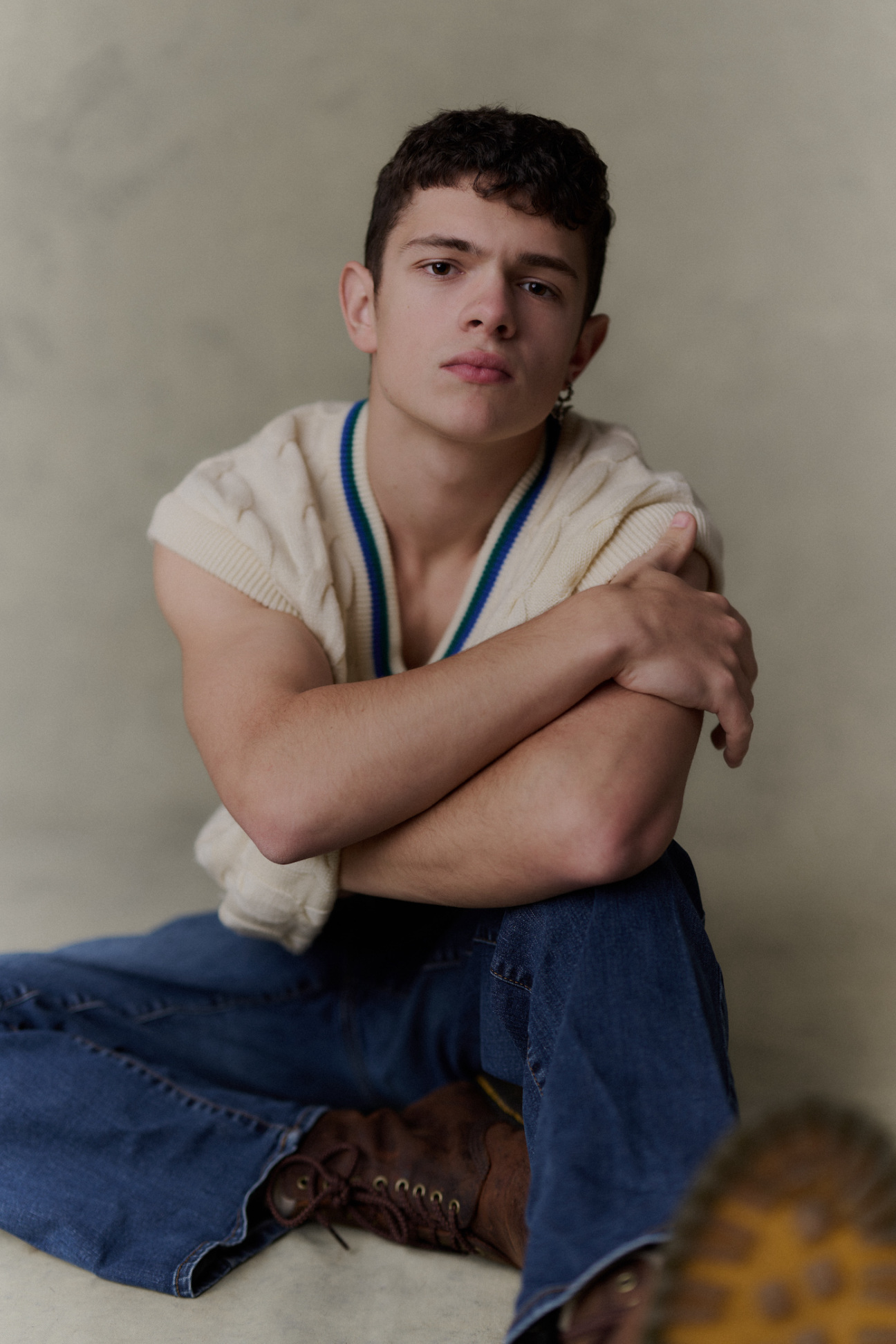
CULTURED: Were there other things you did to get the zone?
Jupe: It was different for each. For Lady in the Lake, it was videos. The accent was really tough—there's only like four videos on the Internet of that thing. So it's kind of ridiculous to try. But we had a wonderful dialect coach. Then for Franklin, it was more reading books and learning physicality—how to bow, how to ride a horse, how to speak French. It was [about] trying to make it look like I belonged in that time physically.
CULTURED: I could see a world in which all that decorum filters into your life a little bit. Did you notice that happening?
Jupe: Yeah. I think a blessing and a curse for me is I'll do absolutely anything, but I don't know for how long. I'll get obsessed with the thing and I'll become pretty good at it. You have to be able to make something look like you've done it for years very quickly. Then I'll almost get a little bit bored of it. I think an issue for me is persisting through that.
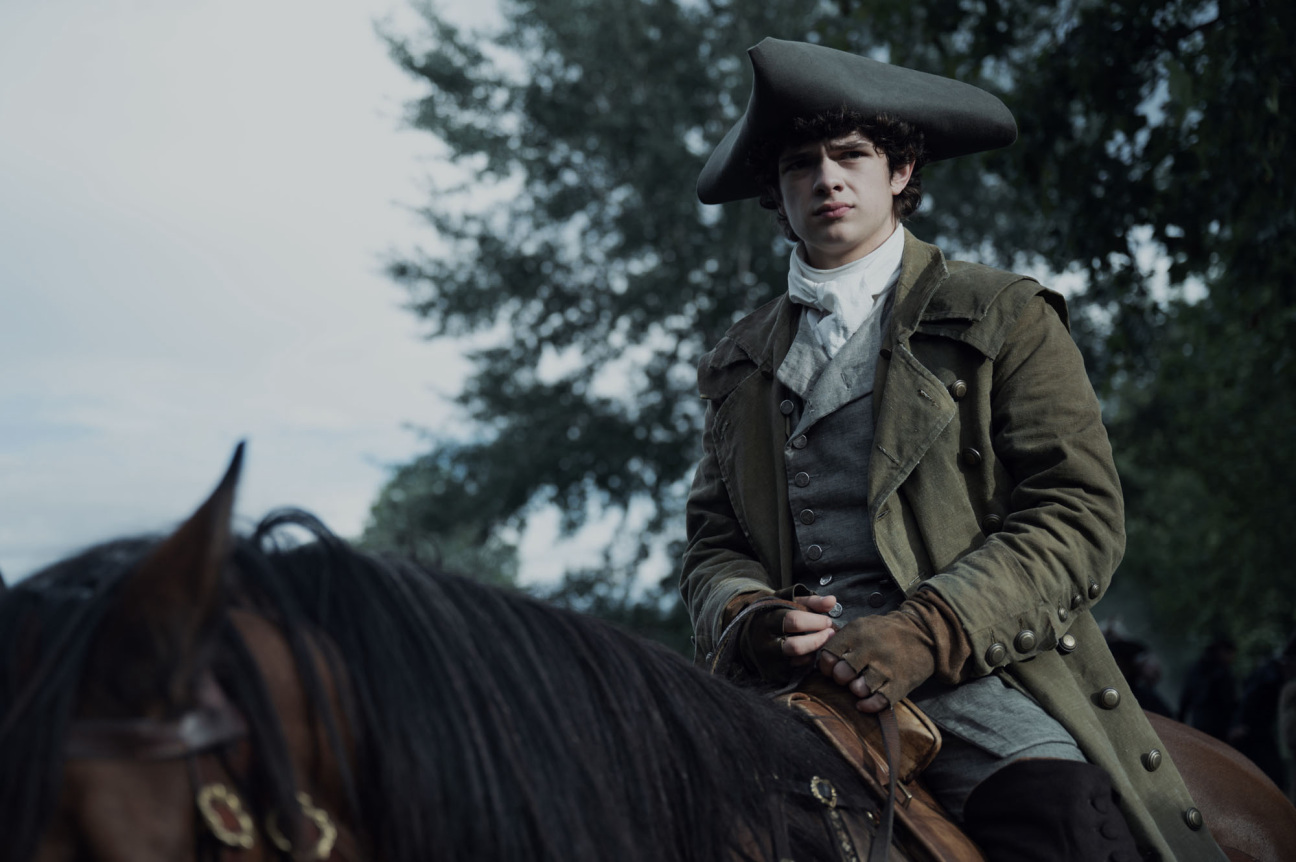
CULTURED: Do you see yourself riding more going forward?
Jupe: You know what? I had an amazing time. I'd never really ridden horses before. One time, I went over to this girl's house and she had horses and I got on the horse and it was a competition-level horse, so it wasn't trained for just one to jump on the back. It threw me off in front of her entire family. I was so embarrassed. Coming back to horse riding after that, I was a little bit nervous. I had this horse called Pacino in Franklin and we would rehearse together. This horse was built for movies. Literally when you whistle, it stops. It's trained so unbelievably well. It’s definitely something I'd want to do in the future.
CULTURED: You worked with Alma Har'el, the director of Lady in the Lake, on the 2019 film Honey Boy. Has that long-term collaboration influenced the way you approach your work?
Jupe: She's basically family to me. I'll know if I'm not doing the right thing, she'll tell me. We have a great way of speaking to each other, of working together. Most of the time you go into a project and you have to build that with the director and that doesn't always work. To have that foundation prebuilt is very lucky.
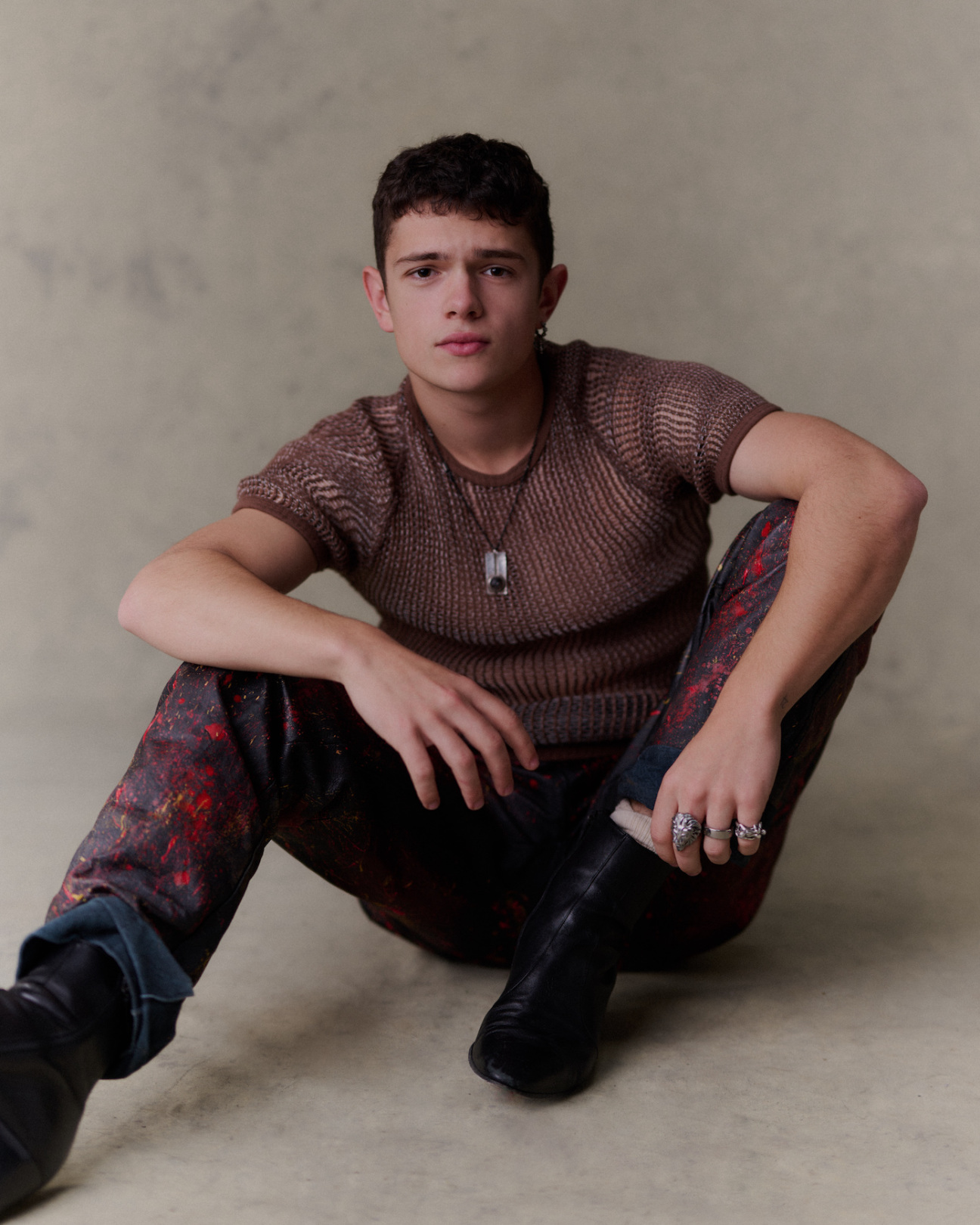
CULTURED: How do you find working on multiple projects at once? Did they play off one another?
Jupe: With Franklin, I very much liked Temple. He was a good friend to me, but he felt very close to home. I could focus on the journey rather than the character itself. Whereas Seth in Lady in the Lake was darker and I don't necessarily agree with a lot of the things he does and says. Ultimately if I had it my way, I would do one job at a time. But obviously sometimes that doesn't happen.
CULTURED: What's the thing that you turn to after a heavier project to knock you back to normal?
Jupe: It's routine—it's smell, it's taste, it's food. I'm very used to traveling all over the world, so you have to take your home with you. My guilty pleasure is How I Met Your Mother. Any time I'm feeling weird, it just makes me feel young and centered again.
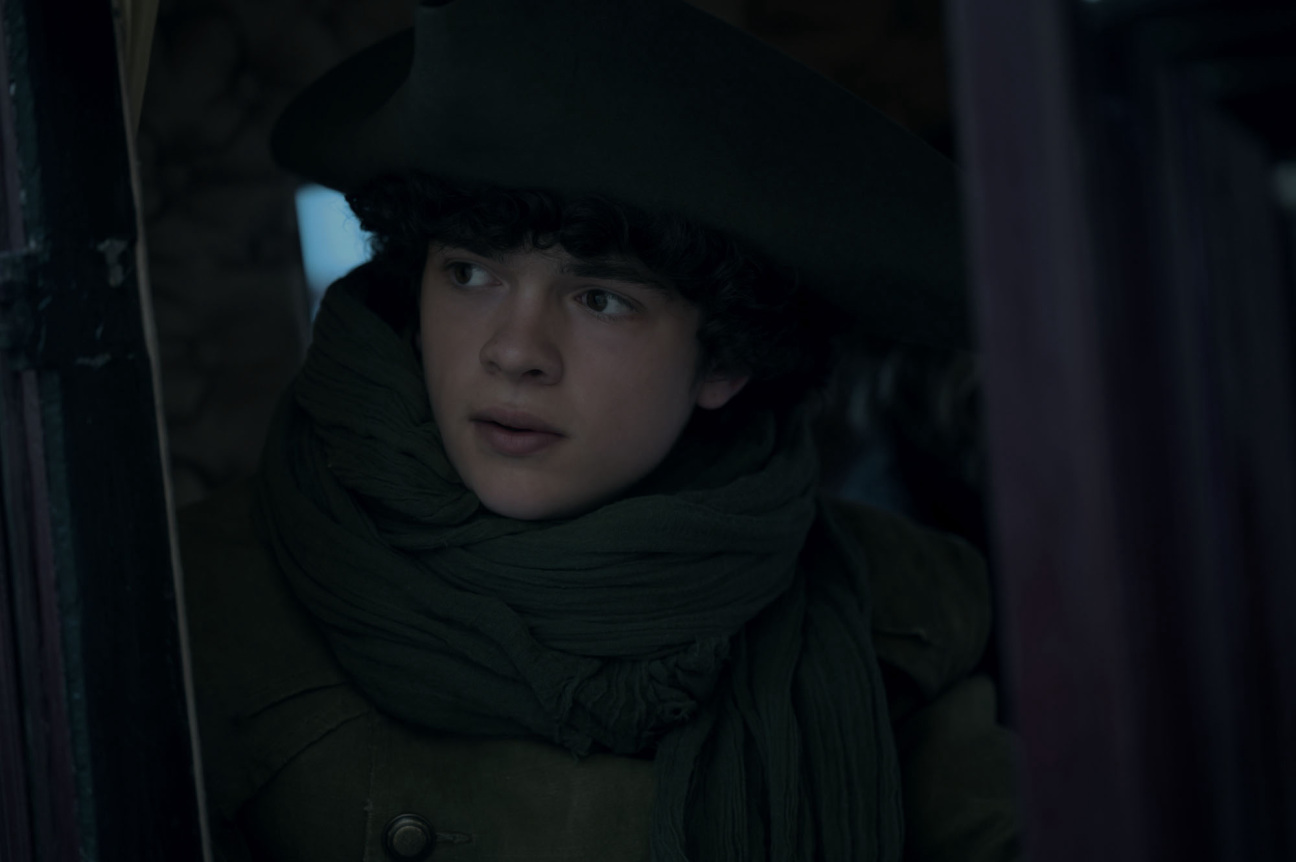
CULTURED: A lot of your recent projects have been adaptations of books. Does that feel different than going into something original?
Jupe: It's very tricky to go from a book to a movie, especially if it's a very good book, because you want to be faithful. I think that's why a lot of adaptations of books don't do as well as they should, because you're trapped by how good the book is. The best projects probably come from bad books, because then you wanna make them better.
CULTURED: When you signed onto these two projects, was there something in each of these characters that felt like they added a new dimension to the sorts of people you've embodied in the past?
Jupe: In the film and TV industry, you’re kind of frozen in time in a sense. [If] you play a 13-year-old and that movie is successful, you're frozen as a 13-year-old until you do a project that breaks that. I'm ready to do more mature, complex roles and I think people still view me as a frozen-in-time 13-year-old. Franklin is set over eight years, so it's from [ages] 16 to 24. I was 17 at the time [of filming]. It was a big jump to be playing a more adult role. And with Lady in the Lake, it's just a more mature, more complicated, older role. Both are hopefully breaking me out of that time.

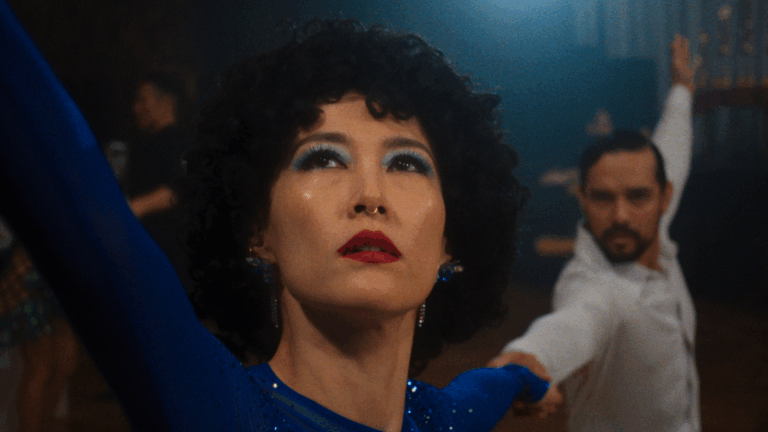
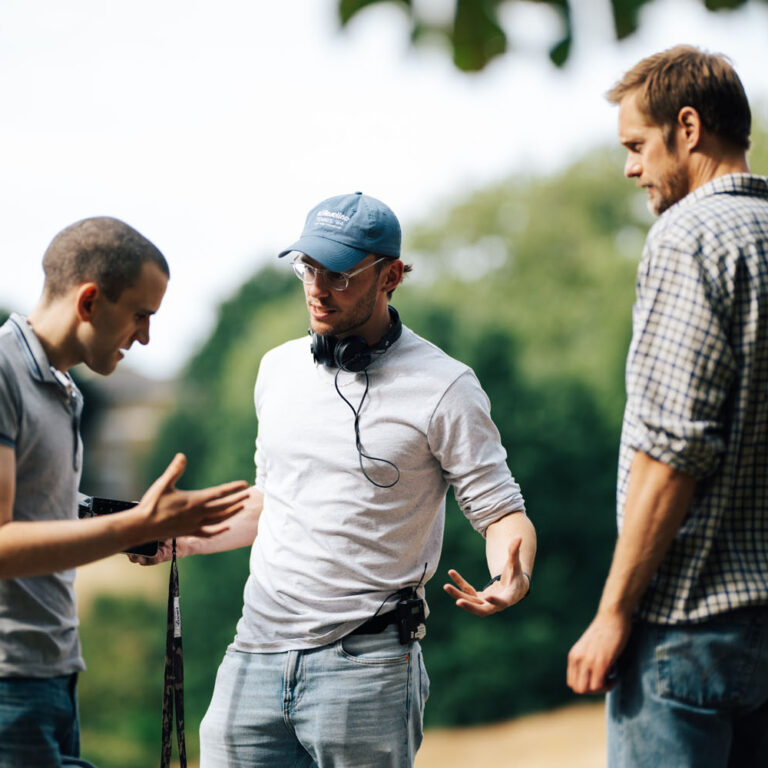
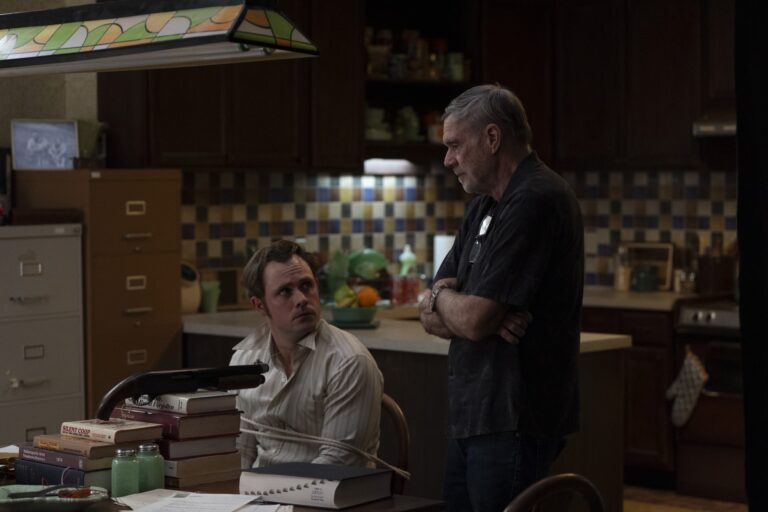
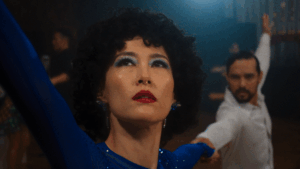
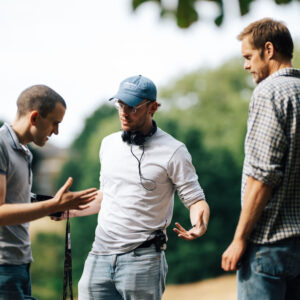
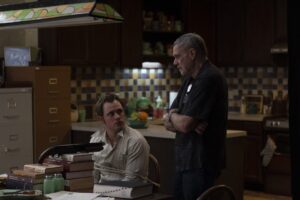



 in your life?
in your life?

